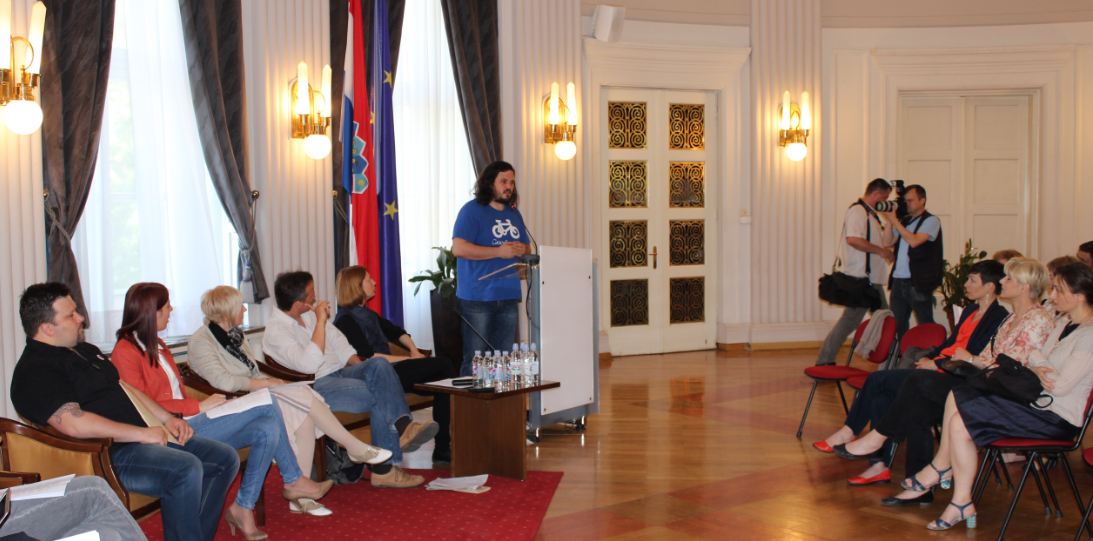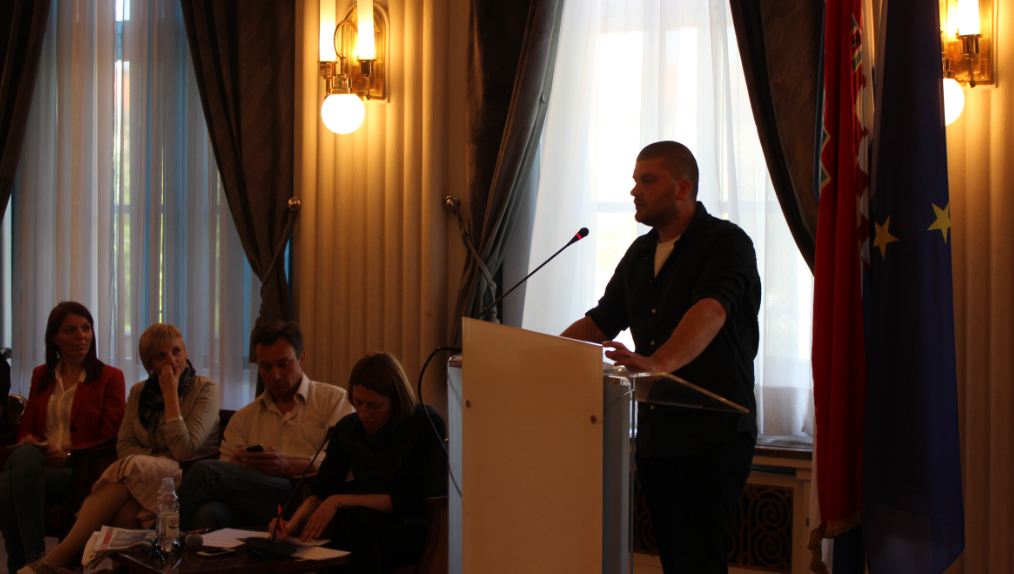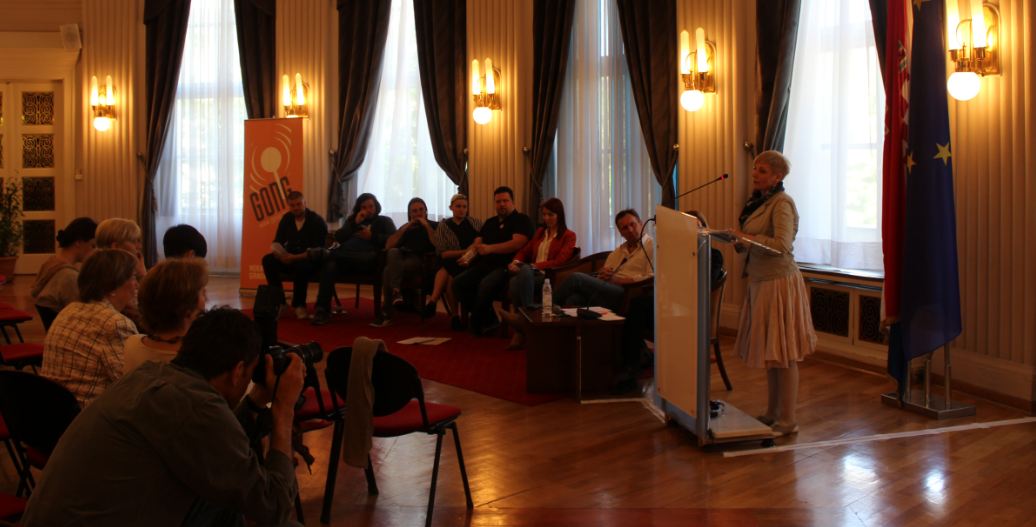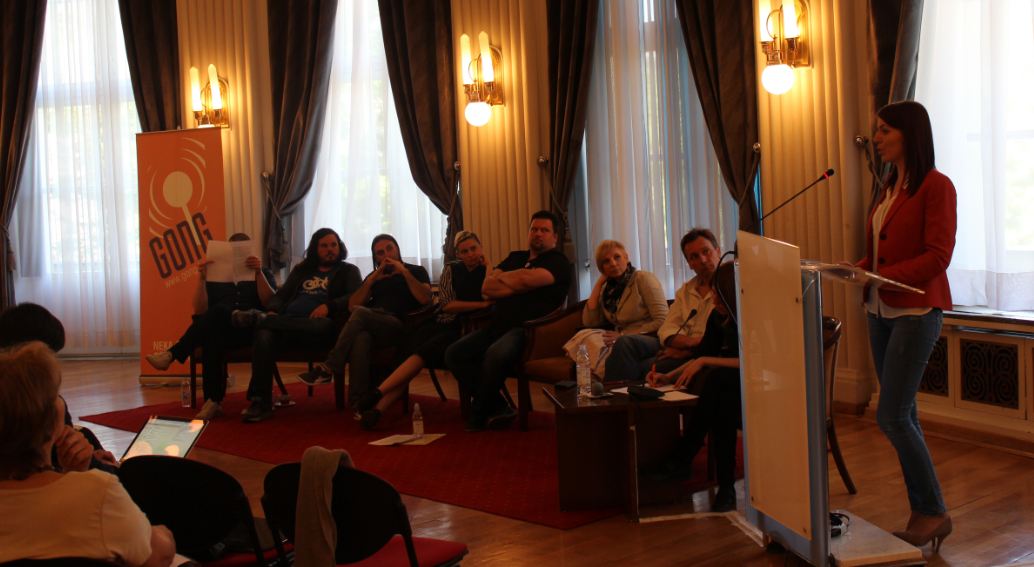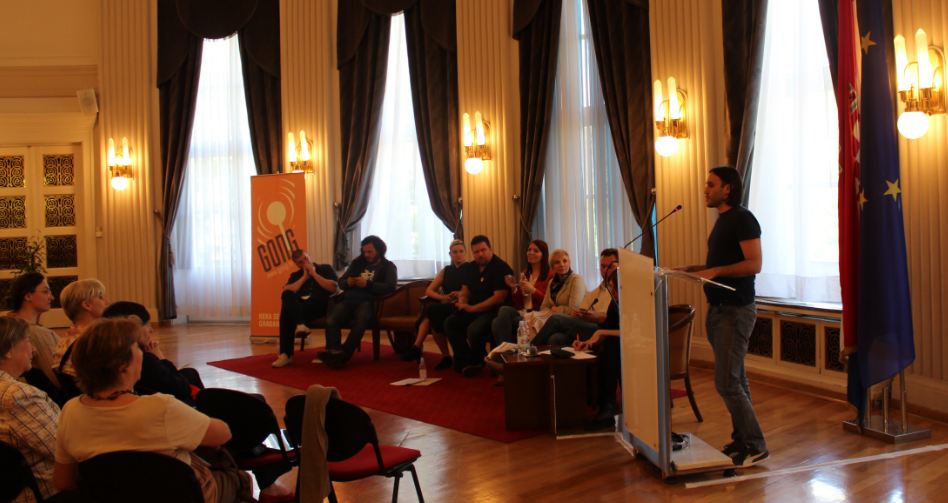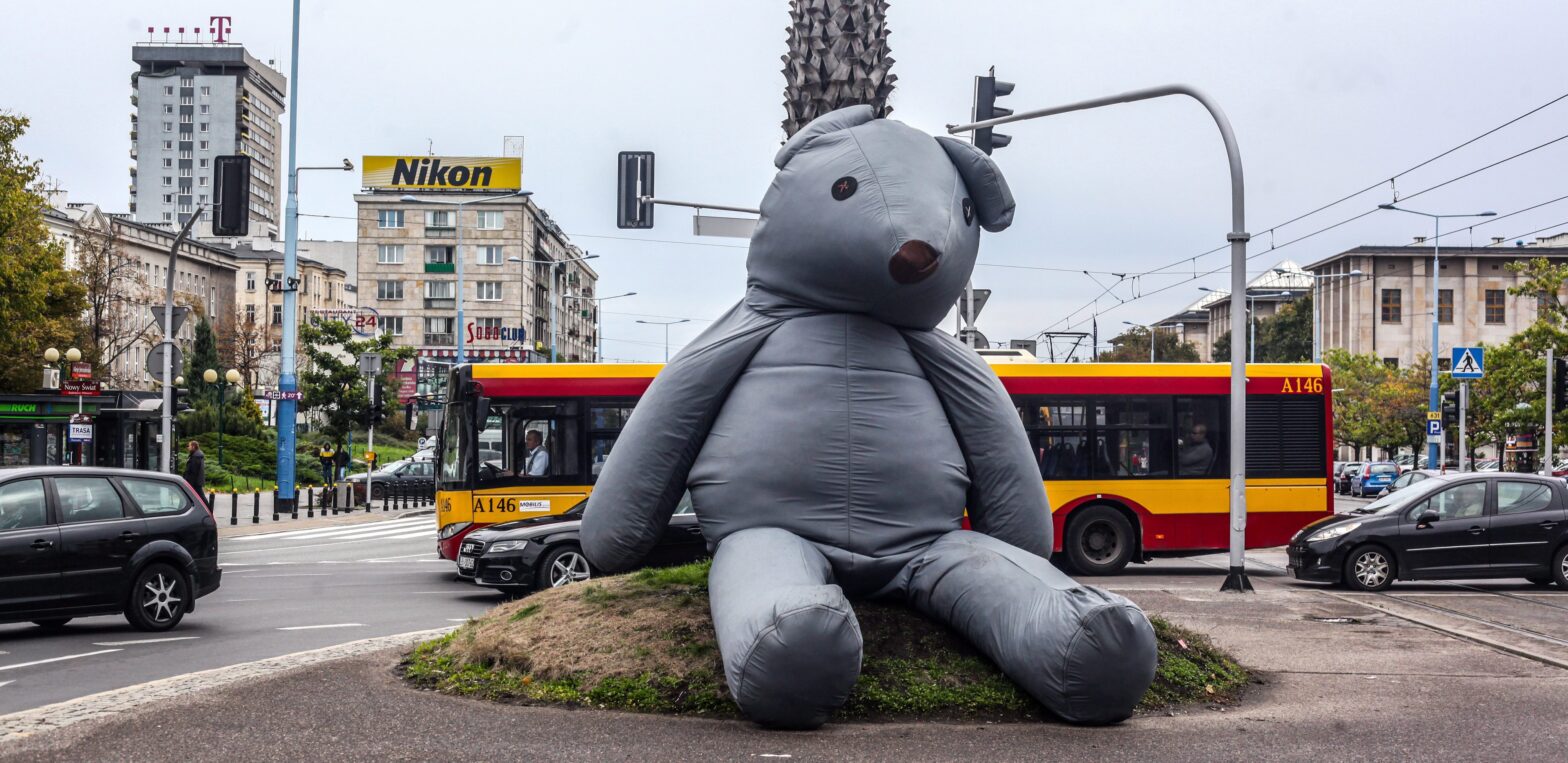The educational system in Bosnia-Herzegovina is probably one of the least functional ones in the world. In a country with only 3.5 million inhabitants, there are as many as 13 Ministries of Education and at least 12 different curricula. Especially problematic is the situation in the Federation of Bosnia and Herzegovina, where each of the…
Tag: Citizen education
Montenegro and Antifascism – meaning, misconceptions and perspectives
“Professor, how is it possible that, as an elementary school pupil, I learned that the Partisans were good and the Četniks were bad; as a secondary school student, I learned that Partisans were good, but so were the Četniks; and today, in University, I am learning that Partisans were bad and Četniks were good?” “Dear…
An absurdity to end all absurdities – how Valter and the “Written Off” were “actually” Četniks
“Us people from the Balkans are afflicted with an illness, the obsession with change”, said in his time Jovan Ćirilov, dramatist and member of the first Committee for the change of street names in 1991. Between 1991, while Vojislav Šešelj and his supporters were holding performances in front of the House of Flowers, brandishing a…
Who stands to benefit from a “reworking” of history?
One of the photographs made during WWII made its way around the world. It displays the moment when, on May 22 1942, Partisan commandant Stjepan (Stevan) Filipović, a noose around his neck, fists held up high, hailed freedom and called the gathered people to take up arms and begin the fight against Fascism. This photograph,…
Antifascism in Montenegro – a fundamental value or a pre-election trick?
When reading about the events regarding the relationship towards Antifascist values in former Yugoslav countries, we can reach the conclusion, probably rightly so, that in Montenegro the situation is not that bad. The uprising of July 3 1941, a symbol of the Antifascist struggle in Yugoslavia, had become the Statehood Day of Montenegro. Still, this…
Why are (young) citizens fed up with the promise of democracy?
Findings of research on young people in Croatia show a decreasing acceptance for constitutional values, no trust in social institutions and a loss of interest for politics, leading to inadequate political socialization of young citizens and their low democratic potential. An additional cause for alarm in this respect is the latest refusal to introduce mandatory…
